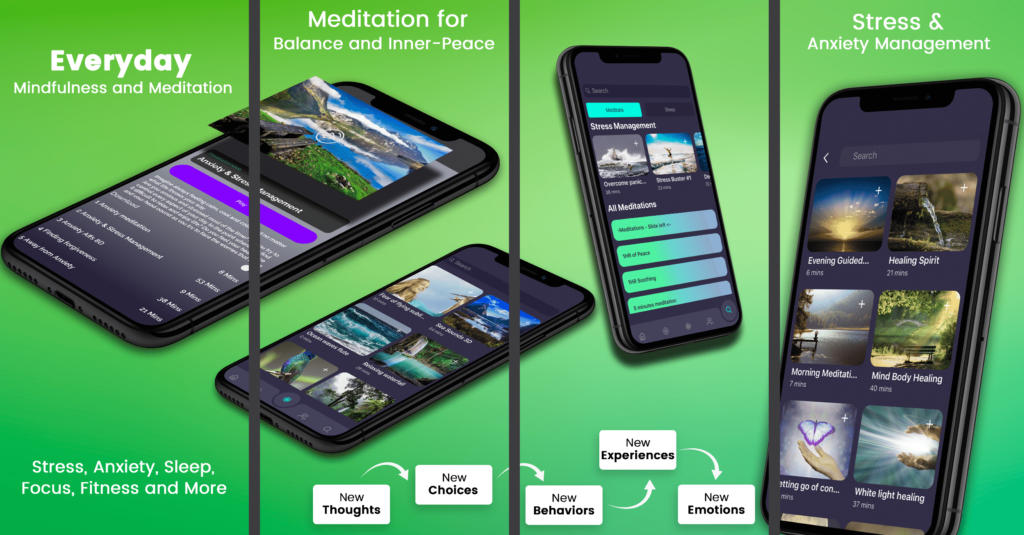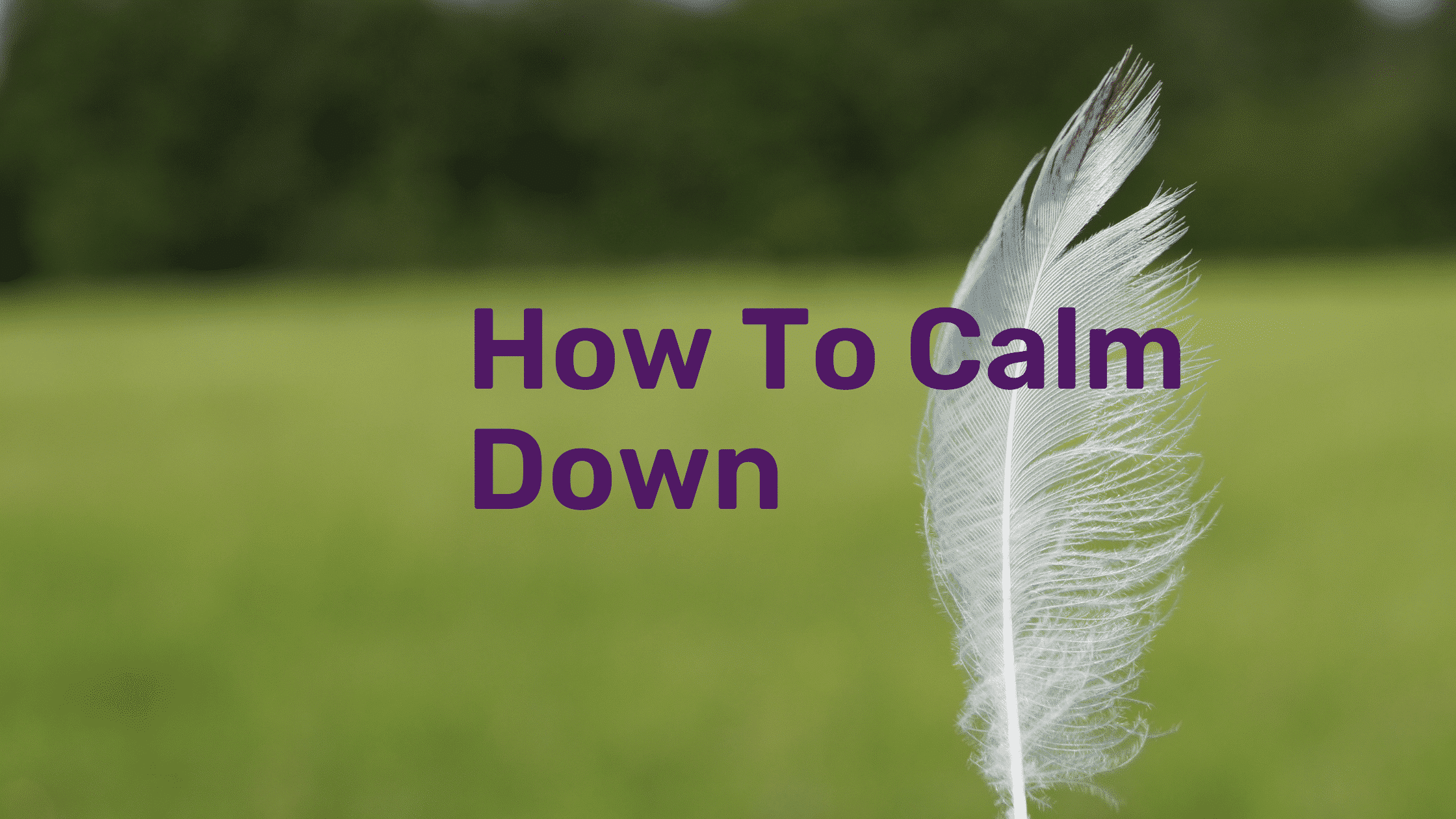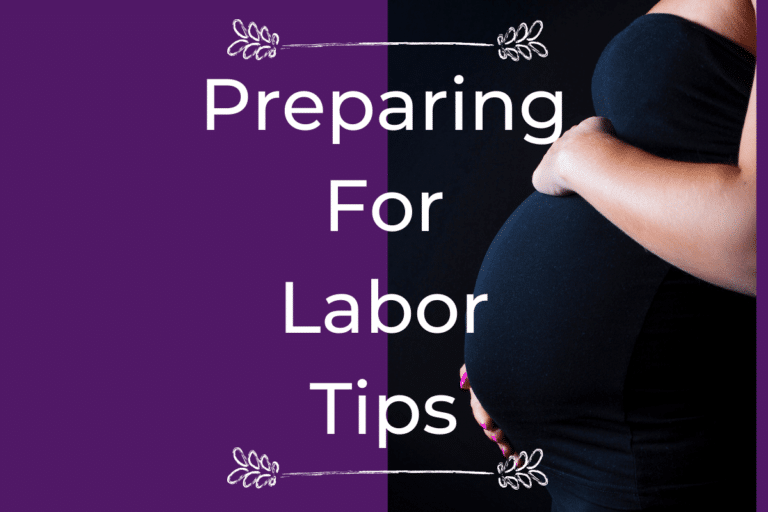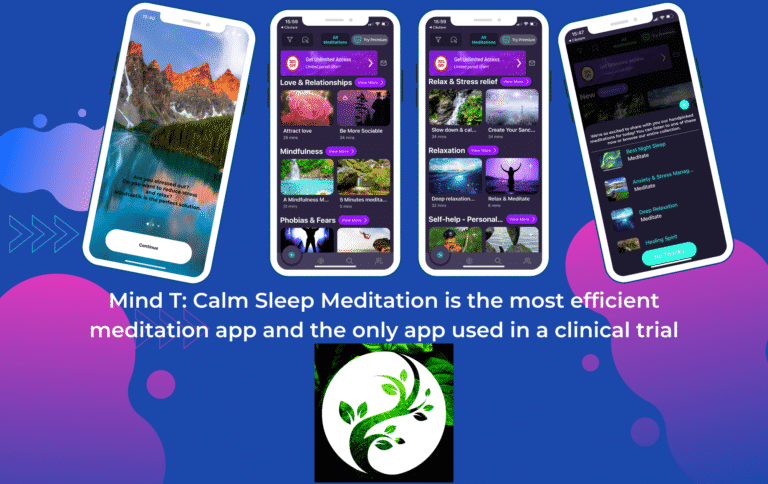How to Calm Down: Things to Do When You Are Angry or Anxious
Published on December 27, 2021 – Last Updated on May 11, 2022
Are you feeling overwhelmed with worry and stress? Are you struggling to manage your emotions? If so, read on for helpful tips on how to calm down. You can do many things when you are feeling angry or anxious, and by learning about them, you can start to feel more in control. So take a deep breath and relax – the following tips will help get you started.
We all experience stress at some point in our lives. It’s an inevitable part of being human, but there are ways to manage it so that you don’t have a complete nervous breakdown!
There is always eustress – which sounds fancy for “good kind” or beneficial emotion without becoming too overwhelmed by negative thoughts about your life situation. It’s from this spring of eustress that you can draw strength to address your stressors.
Depending on your tolerance levels and how well you’ve been taking care of yourself, the impact of stress may be more or less than it would be for someone else. However, you might reach a point where you start to feel overwhelmed by negative thoughts and the routine of everyday life. Once this point has been reached, it can be difficult to return to a sense of balance without some outside help.
It’s natural to feel nervous or uneasy from time to time.
Life is a series of events that can take us from feeling happy with our lives to experiencing difficulties. Sometimes these transitions happen because we are faced with circumstances outside our control, such as being under pressure at work or parenting problems leading to an argument between ourselves and partner/spouse, etc. This can pile on top of other issues already fully present in life (such as relationship tensions). When this happens, stress hormones like adrenaline start flowing through your body, resulting in increased heart rates causing irritability mood swings, generally making you feel pretty unhappy!
What Are the Benefits of Relaxing & Stress Reduction?
Many people find that some form of relaxation therapy can significantly impact their mental health. This is because relaxation techniques release tension, reduce anxiety levels, and help you to be more present in the here and now.
Relaxation therapy has been shown to improve mental illness, including depression, significantly. As a result, relaxation techniques are among the most popular complementary therapies. Here are just a few of the benefits that have been reported by people who have used some form of calm therapy.
- Reduction of depression symptoms, including stress and anxiety. Relaxation techniques have been shown to significantly improve levels of depression in many research studies. For example, after three months of practicing relaxation therapy, a research study showed that many people who used it reported a significant reduction in depression symptoms.
- Improved general well-being. Many people have reported feeling happier and having more energy as a result of relaxation therapy. In fact, some studies have shown that relaxation can increase your energy levels as much as fivefold!
- Improved concentration. Relaxation is also known to have a positive effect on concentration levels in children and adults, so it can be particularly helpful when preparing for exams.
- Reduced stress levels. Just 10 minutes of breathing can give you the same benefits as up to two hours of exercise! Not bad, right? When your body is relaxed, your mind slows down, and you feel more in control of yourself and your life.
- Improved mental performance. Relaxation techniques have been shown to improve memory and the speed at which we process information. This means that calming can help you perform better, whether it’s at work or when revising for exams.
Meditation

We can’t stress enough that meditation is the best you can use while going through stressful situations. Meditation can help you with stress management or help you achieve positive feelings by practicing it regularly.
We have recently released a blog post called best meditation apps where you can choose your perfect match to start your meditation journey. We also recommend checking out our meditation kit post, where we cover the best setup to ease your beginnings.
Try a Meditation App
Looking for a way to relax and reduce stress? Look no further than Mindtastik! This amazing meditation app is packed with features that make everyday life easier, more entertaining, and more productive. With a great collection of guided meditations, Mindtastik is perfect for anyone looking to relax and reduce stress. You can also choose from different meditation courses based on your mood or activity level. So whether it’s before bedtime or during your commute home, we have something for everyone!
Our app is suitable for all levels of meditation, from beginners to experts. A couple of minutes per day is all you need! Then, with just one tap of a button, our guided meditations will guide you through each session so that you can focus on relaxing and reducing stress in no time at all! We even offer access to our music library so that users can listen while they go about their daily activities without having to use their phone as an audio device! This means fewer distractions and more relaxation time for busy people like yourself who want nothing but serenity and quiet after a long day at work or school.
Download iOS: Meditation App
Download Android: Meditation App
Check out our top 10 apps for anxiety.
Take a Walk
Exercise is a great way to release tension. Whether you have one or five minutes, moving your body will help clear out the stress chemicals in our brains and make us feel better! Walking with friends can really provide social support, while walking alone gives time for self-reflection that often leads back into optimism when we come back from it refreshed. If there are no distractions like music playing nearby–or if even just silence would be more soothing than noise—consider taking off some clothes, so they don’t interrupt right away; otherwise, bundle up because cold air feels good against the skin after exercise too 🙂
Breathe Deeply using Deep Breathing Exercises
The next time you feel like your stressful situation is unbeatable, take a moment to remember all the ways breathing practices can help. You’ll get more oxygen into yourself and release physical tension when practicing these simple but powerful techniques anywhere – even if there’s no break from work or other obligations!
Progressive Muscle Relaxation
Progressive muscle relaxation is an excellent technique for releasing tension and calming your body. With practice, you can tense nearly all of the muscles in your system within seconds! This will make it easier to handle any situation before you with greater grace and ease than ever thought possible because deep down inside, we know that our bodies need this kind of care- especially when they’ve been through too much already.
Chronic Stress Solution
Chronic stress can do a number on your physical and mental health. It has been linked to problems like anxiety, unhappiness, and heart disease. But it’s not just the people who experience psychological distress that suffer: it also takes a toll on their loved ones. When you’re dealing with stress, there are plenty of things you can do to keep yourself healthy and happy–and those around you too!
Music Therapy
The right music can truly have a positive impact on your mood. It can even help to naturally induce a calm response in the body which is great for stress relief, lowering blood pressure, and decreasing levels of cortisol (the hormone responsible for stress). For example, a study conducted by researchers at Mindlab International found that listening to relaxing music lowered participants’ stress levels by up to 65%. What’s more, 74% of people said that they felt happier and more positive after listening. In addition, music therapy has been proven to help reduce symptoms in people with insomnia and can even work as well as prescription medication for this purpose.
Admit Your Feelings
When you are in stressful situations, the human stress response will naturally tend to combat your feelings. However, by admitting your feelings and taking your attention to the present moment, you will be able to balance your emotional energy.
Journal
When you write about your day-to-day experiences, it helps calm down because by expressing what’s going on in the moment is actually getting rid of all that stress. It doesn’t need to dwell on problems anymore since they are being expressed out into space where no one can hear them but yourself!
Stay Hydrated!
When you’re thirsty, it’s time for a drink. Your brain needs water to function properly and stay healthy!
When the body gets dehydrated in any way-whether from not drinking enough fluids or being on an inadequate diet -it has trouble with processing certain chemicals called neurotransmitters which help transmit signals between nerve cells; if these don’t work appropriately as they should due simply because there isn’t enough sodium/potassium flowing around, then things can go south quickly. So remember: staying hydrated is very important so please get yourself some fresh fruit juices at home before coming here today (or else buy one of ours).
Challenge Your Thoughts!
You may be wondering what the worst-case scenario would be. Well, like most people, you might think that something terrible will happen, if only for a short while. Still, it turns out your imagination can envision these things, and they won’t come true in real life, so don’t worry yourself overthinking situations that are bound to have positive results eventually anyways!
Get Some Air!
Anger and anxiety can be caused by the environment you’re in. If it’s too hot or stuffy, then that could trigger a panic attack! Get away from those things as soon as possible- even if it’s just outside for only minutes at first until your emotions settle down again.
Drop Your Shoulders!
To improve your posture, you need to relax your back and shoulders muscles. The first step is sitting up tall with a deep breath through the nose while letting go of any tension that may be present there—you can take some time for this throughout each day if needed! Next, focus on bringing together, then down towards the floor as far away from the head/neck area (underneath chest). Continue focusing until all air has left lungs; pause briefly before rising back upright again by inhaling deeply once more.
Repeat these steps at least once or twice after you have caught yourself slouching or hunching over. It may take some time, but soon enough, you will start feeling better!
How to Relax When You’re Angry

Find your safe place and for a few minutes a day, close your eyes and imagine a place in nature that makes you feel at peace. Breath in the fresh air and listen to the sounds around you with your full concentration. Try to forget about everything else going on in your life for these few minutes of relaxation.
Aromatherapy can be used with great benefit to help reduce anger. There are a variety of different scents to choose from, but the most common choices are lavender and chamomile. Take a nice hot bath with some bath salt(preferably homemade) and add a few drops of either one of these oils. The smell will help you to relax and rid yourself of tension.
How to calm yourself down when depressed
The first step is to identify the source of your depression. Is it work, family, relationships? Once you have identified what has triggered your depression, take action on that problem. If it’s at work, speak to a supervisor or HR department about the issue. If it’s in a relationship or with family members, talk things through one-on-one until you find a resolution. Sometimes all you need is an outlet for when the pressure becomes too much, and this will help alleviate stress levels and allow you to focus on other areas of your life.
Once these problems are resolved, try some relaxation techniques like deep breathing exercises or meditation; they can be beneficial in alleviating symptoms of depression because they force us to concentrate on something else for a while, not allowing us to focus on the negative.
How to calm yourself down at work
When you’re at work, there are times when the pressure becomes too much. It’s normal to feel frustrated and angry sometimes, but it can negatively affect your productivity if these feelings become overwhelming. That’s why it’s important to learn how to calm yourself down at work.
It can be difficult during these times, but there are ways you can keep yourself from losing control and acting out of anger. Here we offer some suggestions and ideas on how to deal with your frustrations and calm down:
Take a deep breath and count to ten
It can be difficult to keep yourself from acting on your impulses, but taking a deep breath and counting to ten is always a good place to start. If you feel like you’re about to explode, then don’t say or do anything until you’ve calmed down. Give yourself some time and space before reacting.
Don’t let your emotions eat you up.
It’s easy to let your emotions take over, especially when you’re stressed or feeling frustrated. If you want to calm yourself down at work, then it’s essential that you don’t let your anger or frustration prevail. Try not to dwell on the situation for too long and instead try thinking about something else. This is the only way you’ll be able to find peace within yourself.
Take a break
If it feels like there’s no getting through the stress or anger, then it’s time for a much-needed break. Sometimes, you need some space and away from your work area to feel better. It does more harm than good if you try to continue working while stressed. You’ll probably make a mistake and say or do something you’ll regret later on. So give yourself some time to calm down before resuming your work.

How to calm yourself down from an anxiety attack
Notice what you are feeling without judgment. Label the emotion as anger, frustration, or anxiety.
Try to find a quiet place where you can be alone for ten minutes without interruption.
Take slow deep breaths through your nose and out of your mouth. As you breathe in, think peace and exhale tension. This will give your brain the idea that you are doing something to calm down instead of feeling overwhelmed.
Practice meditation by focusing on your breathing and acknowledging each emotion as it arises without judgment, but without dwelling too much on them either. If you take the time to be kind to yourself while practicing this, then your anxiety should decrease after a little while. But, again, the key is not to judge or dwell on whatever feelings come up, just to acknowledge them and let them go.
How to calm yourself down when crying
We all have moments when we want to cry, but sometimes the feeling becomes too much, and it’s hard to get a grip on. When this happens, you need something that will help you calm down and prevent the crying from becoming overwhelming.
Conclusion
Calm down! You can do many things when you’re feeling angry or anxious, and by learning about them, you can start to feel more in control. So take a deep breath and relax – the following tips will help get you started. What methods of calming down work for you? Let us know below in the comments!
Tags: stressful situations, deep breaths, stressful situation, blood pressure, nervous system, negative feelings, stress response, emotional health, ways to calm, relieve anxiety, beneficial health effects, negative mood



